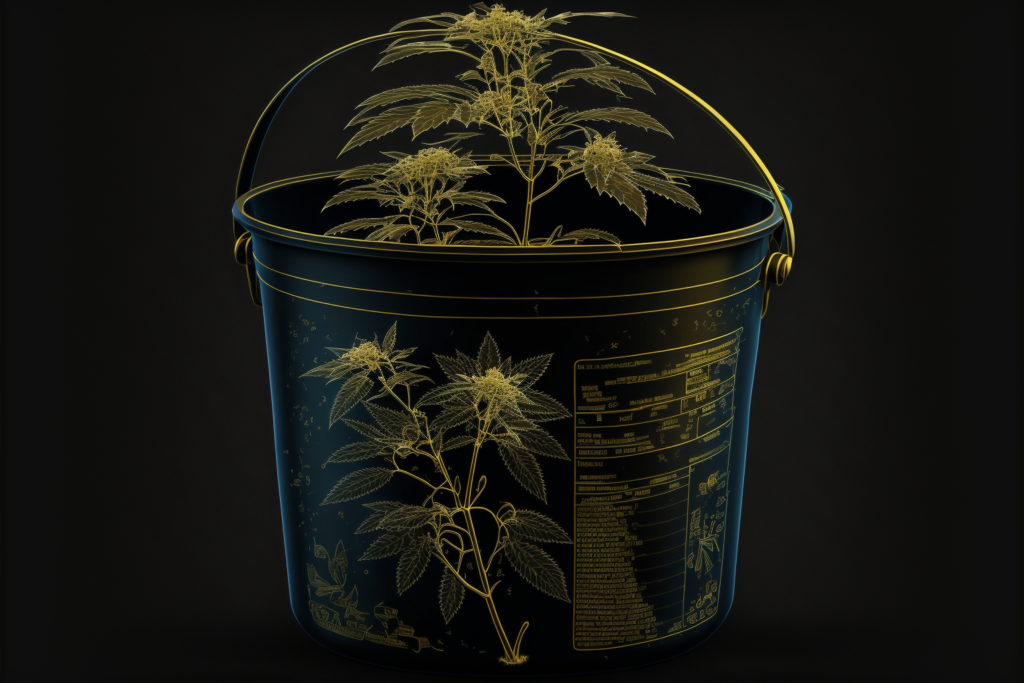Hydroponic farming is a method of growing plants without the use of traditional soil. Instead, the plants are grown in a nutrient-rich solution and are supported by an artificial growing medium, such as clay pellets or rock wool. This type of farming is becoming increasingly popular as it offers a number of benefits over traditional soil-based farming methods.
Advantages of Hydroponic Farming
- Increased Efficiency: Hydroponic farming allows for a much higher crop yield per square foot than traditional soil-based farming. This is because the plants are grown in a controlled environment, where the temperature, humidity, and light can be precisely adjusted to optimize growth.
- Reduced Water Usage: Hydroponic farming uses significantly less water than traditional soil-based farming. This is because the water is recycled and reused, and the plants are grown in a closed system, which reduces evaporation.
- Pest and Disease Control: Hydroponic farming is less susceptible to pests and diseases than traditional soil-based farming. This is because the plants are grown in a closed, controlled environment, which reduces the risk of contamination.
- Sustainable: Hydroponic farming is a sustainable alternative to traditional soil-based farming, as it reduces the use of pesticides and fertilizers, and it is more efficient in terms of water and land usage.
- Year-Round Production: Hydroponic farming allows for year-round production, as the plants can be grown indoors and the temperature and light can be controlled.
Types of Hydroponic Systems
There are several different types of hydroponic systems, each with its own advantages and disadvantages. The most common types of hydroponic systems include:
- Deep Water Culture (DWC): This is the simplest and most basic hydroponic system. The plants are grown in a container of nutrient-rich water and are supported by an artificial growing medium, such as clay pellets or rock wool.
- Nutrient Film Technique (NFT): This system uses a shallow stream of nutrient-rich water to support the plants. The water flows over the roots of the plants, providing them with all the necessary nutrients.
- Drip Irrigation: This system uses a series of drippers to deliver nutrient-rich water to the plants. The water is delivered directly to the roots of the plants, providing them with all the necessary nutrients.
- Ebb and Flow: This system uses a flood and drain method to deliver nutrient-rich water to the plants. The water is periodically flooded into the growing tray, providing the plants with all the necessary nutrients.
Conclusion
Hydroponic farming is an efficient and sustainable alternative to traditional soil-based farming. It offers a number of benefits, such as increased efficiency, reduced water usage, pest and disease control, and year-round production. There are several different types of hydroponic systems, each with its own advantages and disadvantages. If you’re considering hydroponic farming, be sure to research the different systems and choose the one that best suits your needs.

The Holy Grail of Hydroponics
Are you looking for a more efficient and cost-effective way to grow your plants? Look no further than Bottleponics! This innovative hydroponic system combines the benefits of deep water culture and ebb and flow systems to provide your plants with the perfect balance of water, nutrients, and oxygen.
With Bottleponics, you can grow your plants using minimal growing media in small containers, such as 1-gallon buckets. This can be especially useful if you work with limited space, such as in a grow tent. Using a pump and irrigation tubing allows the nutrient solution to be circulated and aerated, which can benefit plant growth. Additionally, the roots having direct access to air can help prevent common issues such as root rot. At the same time, using smaller containers can be more cost-effective than larger containers or blocks of growing media.
One of the most significant advantages of Bottleponics is its versatility. This system can be easily adapted to fit your growing needs and goals, whether you are a beginner or an experienced grower. So why wait? Give Bottleponics a try and see the excellent results for yourself!
